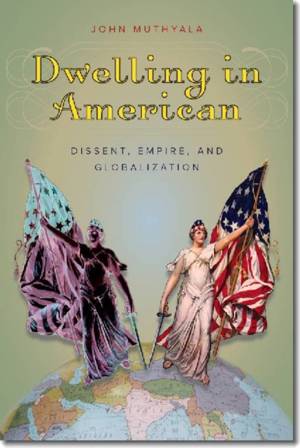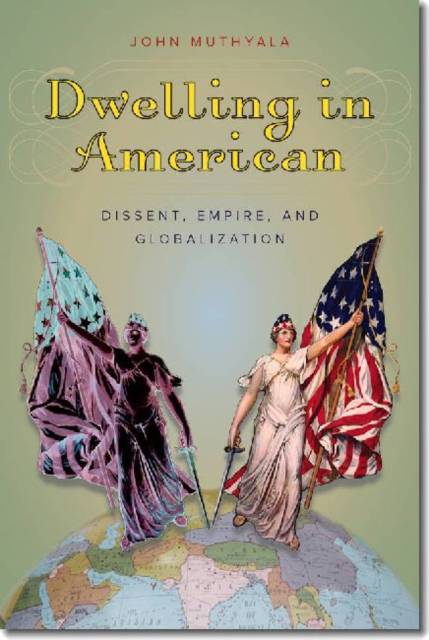
Bedankt voor het vertrouwen het afgelopen jaar! Om jou te bedanken bieden we GRATIS verzending (in België) aan op alles gedurende de hele maand januari.
- Afhalen na 1 uur in een winkel met voorraad
- In januari gratis thuislevering in België
- Ruim aanbod met 7 miljoen producten
Bedankt voor het vertrouwen het afgelopen jaar! Om jou te bedanken bieden we GRATIS verzending (in België) aan op alles gedurende de hele maand januari.
- Afhalen na 1 uur in een winkel met voorraad
- In januari gratis thuislevering in België
- Ruim aanbod met 7 miljoen producten
Zoeken
€ 102,95
+ 205 punten
Omschrijving
Globalization is not the Americanization of the world, argues John Muthyala. Rather, it is an uneven social, cultural, economic, and political process in which the policies and aspirations of powerful nation-states are entangled with the interests of other empires, nation-states, and communities. Dwelling in American: Dissent, Empire, and Globalization takes up a bold challenge, critiquing scholarship on American empire that views the United States as either an exceptional threat to the world or the only hope for the future. It does so in order to provincialize America, to understand it from outside the borders of nation and location, and from inside the global networks of trade, power, and culture. Using comparative frames of reference, the book makes its arguments by examining the work of a diverse range of writers including Arundhati Roy (War Talk, Power Politics), Azar Nafisi (Reading Lolita in Tehran), and Thomas Friedman (The World Is Flat). This is an original, complex, and often bracingly counterintuitive critique of the idea of American empire that will appeal to anyone interested in understanding the complexities of globalization.
Specificaties
Betrokkenen
- Auteur(s):
- Uitgeverij:
Inhoud
- Aantal bladzijden:
- 260
- Taal:
- Engels
Eigenschappen
- Productcode (EAN):
- 9781611682489
- Verschijningsdatum:
- 10/07/2012
- Uitvoering:
- Hardcover
- Formaat:
- Genaaid
- Afmetingen:
- 150 mm x 236 mm
- Gewicht:
- 498 g

Alleen bij Standaard Boekhandel
+ 205 punten op je klantenkaart van Standaard Boekhandel
Beoordelingen
We publiceren alleen reviews die voldoen aan de voorwaarden voor reviews. Bekijk onze voorwaarden voor reviews.









